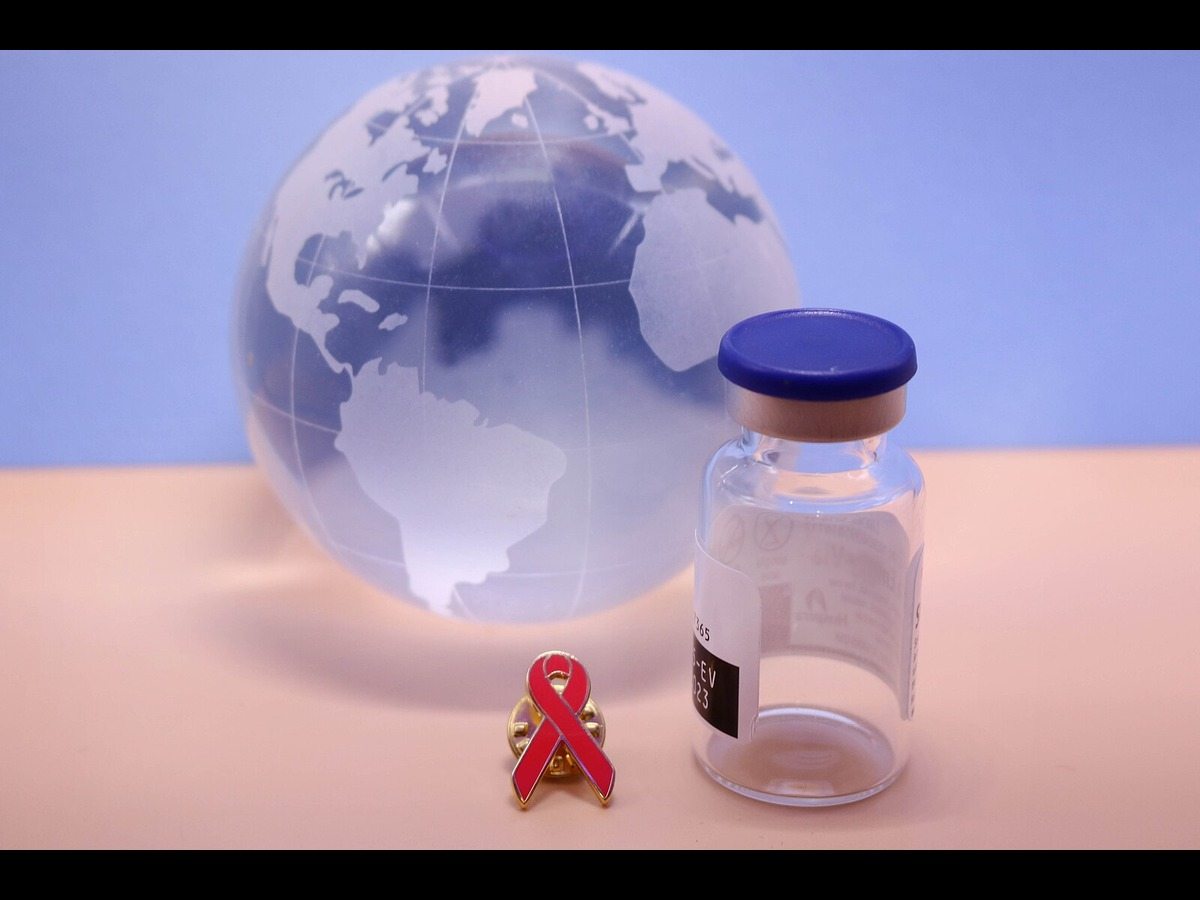Eswatini is the first African nation to receive lenacapavir, a groundbreaking HIV prevention injection administered twice yearly. Global health officials have hailed this medication, developed by Gilead Sciences, as a major advancement in the fight against the virus that has caused millions of deaths across the continent. Clinical studies show that lenacapavir offers almost total protection.
This rollout, initially targeting 10 African countries with high risk, is a joint effort between the U.S. President’s Emergency Plan for AIDS Relief (PEPFAR) and the Global Fund. The goal of this initiative is to provide benefits to at least 2 million people in these nations by 2027.
Gilead Sciences Chairman and CEO, Daniel O’Day, highlighted the “extraordinary” significance of the Eswatini rollout. He noted it marks two achievements: Eswatini is the first nation in sub-Saharan Africa to receive a new HIV medicine in the same year as the medicine’s U.S. approval (which occurred in June), and this rollout is taking place in the country with the world’s highest incidence of HIV, according to the Associated Press.
READ ALSO: “Stop all work” – U.S. aid cuts derail HIV vaccine trials in South Africa
The initial plan by the United States—which has significantly reduced foreign aid this year under President Donald Trump, severely affecting Africa’s health programs—was to distribute 250,000 doses of the HIV prevention shot to 10 countries.
However, this number was later increased to 325,000 because of “early demand signs,” as stated by Brad Smith, senior advisor for the Bureau of Global Health Security and Diplomacy.
The U.S. government estimates that over 25 million people across Africa are living with HIV.
Zambia received its first shipment on November 18, and Gilead is currently seeking regulatory approval in Botswana, Kenya, Malawi, Namibia, Rwanda, Tanzania, Uganda, and Zimbabwe.
Eswatini, a small southern African kingdom with a population of approximately 1.2 million, has a high number of people living with HIV—over 200,000. Most of these individuals receive treatment funded by PEPFAR, according to Smith.
The initial rollout of the new drug will benefit about 6,000 high-risk people, with the primary goal of preventing mother-to-newborn HIV transmission.
Eswatini, the world’s last absolute monarchy, faces scrutiny for its documented human rights violations. Despite these issues, Eswatini is moving forward with HIV prevention efforts.
Long-acting injectable options, which UNAIDS views as a “fresh option,” have gained ground amid worries that cuts to foreign funding could exacerbate infection rates. This comes after the World Health Organization approved lenacapavir as an additional HIV prevention method in July.
READ ALSO: TikTok star Mainly Mannie reveals he contracted HIV from his ex
Eswatini has confirmed receiving over $5 million from the United States in connection with the controversial Trump-era third-country deportation program, according to AFP, as reported by The Guardian. The Southern African country is participating in this aggressive mass deportation drive, which involves accepting dozens of people expelled by Washington, and has been met with protests from various rights groups.
The tiny southern African kingdom has accepted 15 men as part of a third-country deportation program. This program, which has been strongly criticized by rights groups, was established through largely secretive deals struck between Donald Trump’s administration and at least five African countries.
Eswatini’s government confirmed receiving $5.1 million, according to Finance Minister Neal Rijkenberg, who was questioned in parliament about the arrangement.
This confirmation follows a Human Rights Watch document, seen by AFP, which was revealed in September. The document indicated Eswatini agreed to accept 160 deportees in return for the $5.1 million, which was earmarked to “build its border and migration management capacity.”










